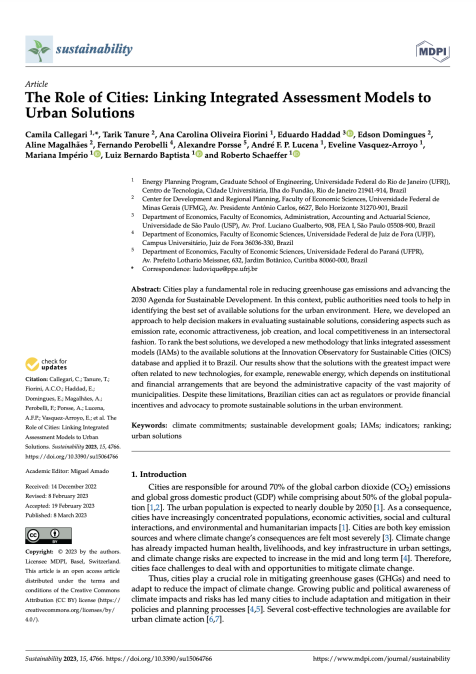Podcasts
Monetary policy, climate change and inequalities: should central banks expand their policy toolkit?
In the current context of persistent inflationary pressures and growing uncertainties about the economic outlook, many central banks have mainly focused on their mandate of price stability through more aggressive monetary policies. In addition, the growing concerns linked to climate change and inequalities have shaped the policy discussions related to expanding the traditional mandates of central banks (price stability and/or maximum sustainable employment) to take into account major ethical issues in the design and implementation of monetary policies such as climate change and inequalities. In this podcast, Otaviano Canuto, senior fellow at the Policy Center for the New South, shares his insights on the role of central banks in the current context and whether they should expand the monetary policy toolkit to include climate change and inequalities.







